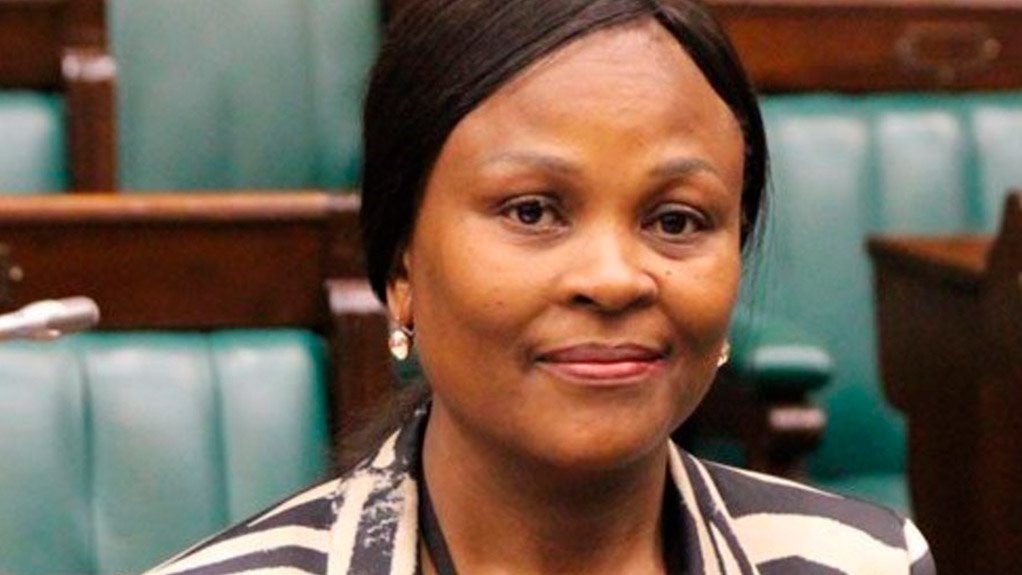Public Protector Busisiwe Mkhwebane’s proposal that the mandate of the South African Reserve Bank (SARB) be changed to be more transformation-led threatens to open a “Pandora's box” of additional risks for markets and rating agencies about the country, North West University School of Business and Governance Professor Raymond Parsons said on Tuesday.
In her findings against banking firm Absa on Monday, Mkhwebane recommended that the Portfolio Committee on Justice and Correctional Services initiate a process that would amend Section 224 of the Constitution, which deals with the primary aim of the SARB.
“While it seems unlikely that any change will happen immediately, the fact that this matter is being raised now is negative at a time when the country is economically vulnerable,” Parsons stated.
He believed the decision “injected” an unnecessary additional element of uncertainty into the economic debate, when the country could least afford it, and when levels of confidence required boosting instead.
“We must recognise that the SARB is highly respected both here and overseas for its conduct of monetary policy and is also widely regarded as an important bastion of institutional strength here in troubled economic times,” said Parsons.
He noted that it was puzzling why Mkhwebane has ventured unexpectedly into the highly complex sphere of monetary policy, as well as offering a specific recommendation as to how the Constitution should be changed regarding the SARB's mandate.
“Real economic transformation in South Africa needs to be driven by other socioeconomic policies, not by monetary policy.
“Like the Office of the Public Protector itself, the independent role of the SARB needs to be respected. We must hope the SARB will strongly defend its existing mandate and autonomy through the appropriate channels,” said Parsons.
Meanwhile, media reports on Monday stated that advocate Paul Hoffman, who lodged the original complaint against Absa and the SARB with Mkhwebane, said the Public Protector was not authorised by the Constitution to order a democratically elected government to amend the Constitution.
EMAIL THIS ARTICLE SAVE THIS ARTICLE ARTICLE ENQUIRY
To subscribe email subscriptions@creamermedia.co.za or click here
To advertise email advertising@creamermedia.co.za or click here











